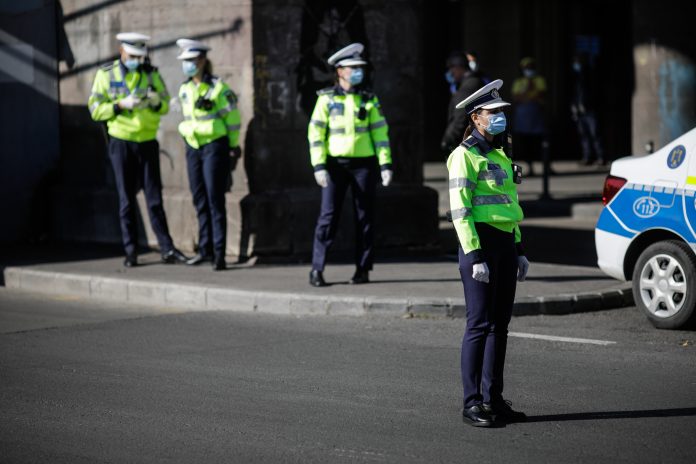According to research by Cambridge University, urban crime levels dropped roughly 37% over COVID lockdowns – across 23 different countries in Europe, the Americas, Asia and the Middle East
According to a team led by the University of Cambridge and University of Utrecht, daily crime counts were directly impacted by COVID lockdowns in major cities such as Barcelona, Tel Aviv and London. The type of lockdown was different from country to country, with various levels of strictness or social requirements – but similar results were seen across all 27 cities involved.
The only exception to the overall decrease in crime, was homicide.
The data found that daily assaults fell by an average of 35%, and robberies (theft using violence or intimidation, such as muggings) almost halved: falling an average of 46%. But other types of theft, from pick-pocketing to shop-lifting, fell an even higher average of 47%.
Burglary decreased an average of 28% across all cities. However, lockdowns influenced burglaries in strikingly different ways – again, depending on city. While Lima in Peru saw rates decrease by 84%, San Francisco actually saw a 38% increase in home break-ins.
‘It choked the opportunism that fuels urban crime’, says Professor
Professor Manuel Eisner, Director of the Violence Research Centre at the University of Cambridge and senior author of the study, said: “City living has been dramatically curtailed by COVID-19, and crime is a big part of city life.
“No drinkers spilling into the streets after nights out at bars and pubs. No days spent in shops and cafés or at the racetrack or football match. Some cities even introduced curfews. It choked the opportunism that fuels so much urban crime.”
“We found the largest reductions in crimes where motivated offenders and suitable victims converge in a public space. There would be far fewer potential targets in the usual crime hotspots such as streets with lots of nightclubs.”
What about homicide?
Dr Amy Nivette from the University of Utrecht, the study’s first author, explained: “In many societies, a significant proportion of murders are committed in the home. The restrictions on urban mobility may have little effect on domestic murders.
“In addition, organised crime – such as drug trafficking gangs – is responsible for a varying percentage of murders. The behaviour of these gangs is likely to be less sensitive to the changes enforced by a lockdown.”
Across all cities, rates of homicide only dropped by a total of 14%.
‘A series of natural experiments’
Professor Eisner further commented: “The measures taken by governments across the world to control COVID-19 provided a series of natural experiments, with major changes in routines, daily encounters and use of public space over entire populations.
“The pandemic has been devastating, but there are also opportunities to better understand social processes, including those involved in causing city-wide crime levels.”











